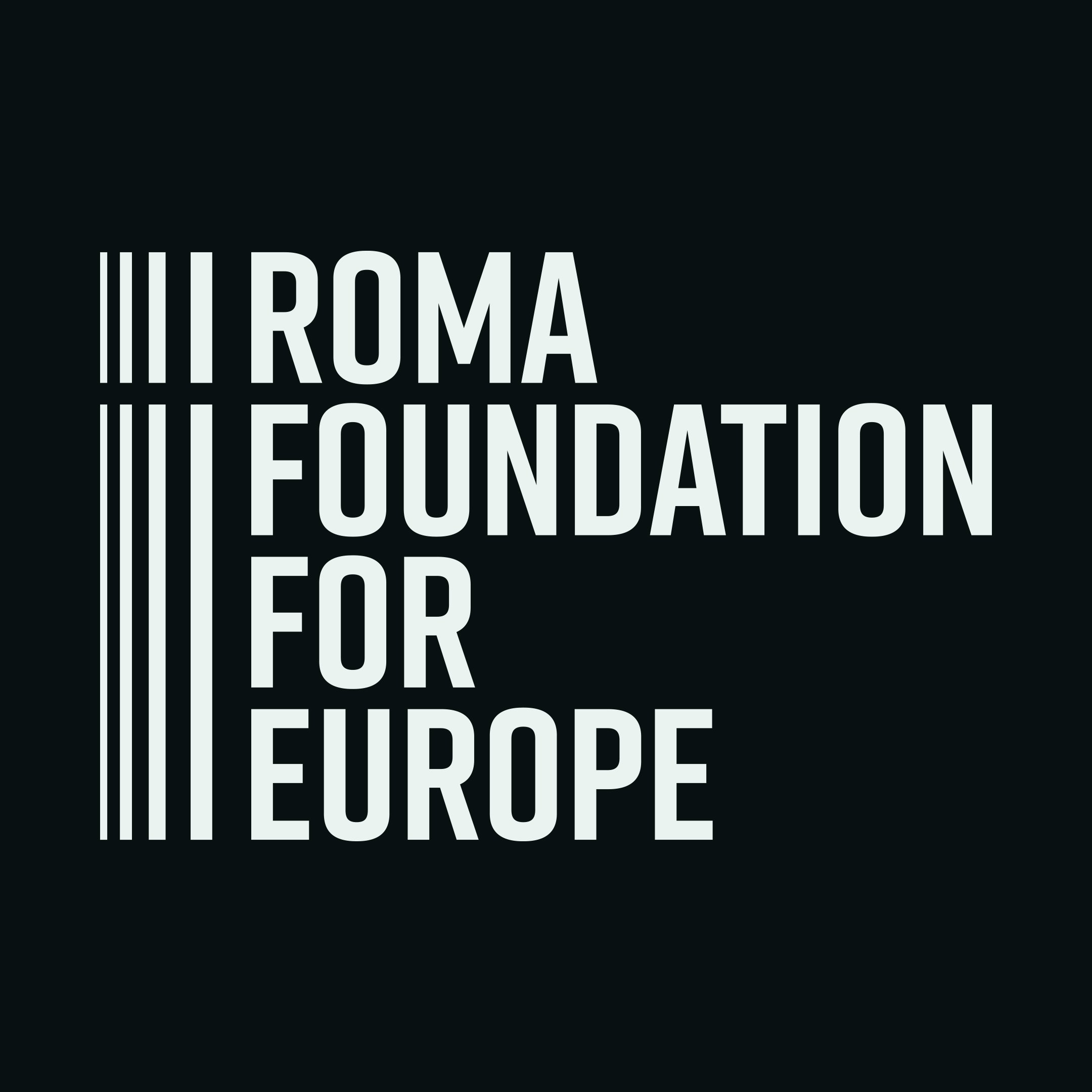Leaders in the EU are confronted with a dual obligation—to restore healthy environments for Roma, and to do so with the full participation of Roma communities themselves.
In the early hours of December 17, 2010, a police squad arrived on a residential street in Cluj-Napoca, Romania, joined by the local authorities, to forcefully evict 56 Roma families from their homes. The families were moved to Pata-Rât, the city’s waste landfill, already the site of a large Roma ghetto. While some were given substandard modular shelters, others received no accommodation at all and were forced to crowd into shelters with other families.
While the forced relocation was internationally condemned and the county court ruled that the mayor’s actions were illegal, authorities still have not implemented the court order to provide adequate housing. Only a few families have since secured housing elsewhere, despite the fact that being situated on a landfill means exposure to a toxic cocktail including methane, ammonia, nitrogen dioxide, and hydrogen sulfide, which can cause respiratory illnesses and other long-term health problems. In addition to this, most families in Pata Rât have weathered the COVID-19 pandemic without water and toilets inside their houses, nor adequate heating and light.
While the EU recently recognized that there are disparities in environmental exposure operating along ethnic lines in Europe, centuries-old bigotry and prejudice against Roma—which number approximately 12 million and constitute Europe’s largest ethnic minority—continue to thrive today. This means that many, like those from Cluj-Napoca, often have no choice but to live on toxic wastelands, heavily polluted areas, and river floodplains, often because of government coercion. What’s more, according to the European Commission, 30 percent of Roma in the EU have no water and 36 percent live without a toilet, shower, or bathroom within their dwellings—allowing infections and illnesses to spread rapidly.
In Romania, from Baia Mare’s former chemical copper factory lab to a former wastewater plant in Miercurea Ciuc and a mercury-contaminated former chemicals factory in Turda, Roma communities continue to live in noxious conditions. In Slovakia, Roma in Nižná Slaná live atop arsenic-polluted former iron mines. One of the largest Roma neighborhoods, the Lunik IX in Košice, Slovakia, was built nearby a large landfill. Electromagnetic, radiation-producing high voltage electricity pylons surround Roma neighborhoods in Tvarditsa in Bulgaria, and Tirana, Albania.
That’s why the EU’s climate and environmental policies must advance the rights of Roma communities as they respond to the pressing environmental issues facing member states. Such policies should entail legislation preventing authorities from forcing Roma to resettle to environmentally hazardous and segregated areas without public infrastructure. They should also accelerate public investments in essential public infrastructure and services in neglected Roma communities such as housing, clean water, sanitation, waste removal, heating, pavements, and public spaces including playgrounds and sporting terrains.
The EU must also explore additional ways of holding public authorities and private firms accountable for exposing Roma to water, land, and air pollution detrimental to their health. This could be done through launching infringement procedures against member states, bringing cases before the European Court of Justice. The European Public Prosecutor's Office could also investigate and sanction states and corporations that pollute Roma neighborhoods, with compensation given to residents. Finally, the EU should push authorities to improve the living conditions of Roma when making public investments in green technologies, including environmentally friendly heating and cooling technologies, housing insulation, and circular ecology technologies.
This month, in a first for European diplomacy, delegates to the EU Green Week, the European Commission’s flagship event on the environment and climate, formally acknowledged the importance of equity, justice, and antiracism for the EU climate and environmental policy. The new EU Roma Strategic Framework, adopted in October 2020, also recognizes environmental justice as an urgent area of intervention and is the first major EU policy document to do so. The Commission has also mandated the European Union Agency for Fundamental Rights to collect brand new indicators of “Fighting environmental deprivation, promoting environmental justice,” something that more than a dozen of Open Society’s partners have fought for.
Now, it’s time to make environmental justice a reality for vulnerable communities such as Roma. COVID-19 pandemic has made discrimination against those who live in substandard and ethnically segregated settlements even worse. Moreover, these communities are also increasingly burdened by climate change, while structurally prevented to protect themselves from and mitigate the impact of this crisis. Forcing Roma to live in environmentally hazardous and dangerous areas, without public infrastructure and adequate resources to mitigate the extreme weather events, is one way that authoritarian governments will keep them at the margins of society.
It is time for EU states to address and account for a centuries-long legacy of bigotry and hate against the Roma people. While the climate change emergency will result in creating more hostile environments for many more individuals, vulnerable communities as Roma, which were forced to develop early and innovative resilience and adaptation strategies due to environmental racism, can provide crucial knowledge on mitigating this crisis. Europe has now a double obligation: to restore healthy environments for Roma and to listen to their experience when it comes to mitigation of climate change.
This article was originally published on opensocietyfoundations.org.

Marek Szilvási
The latest

Serbia Must Amend Missing Persons Alert System to Protect Vulnerable Adults

Constitutional Review of the Šutar Law Confirms Serious Rule-of-Law Concerns

Europe’s Growth Depends on Roma Talent
Browse by category
Campaigns
Events
Facts
Press
Voices
For media inquiries:
[email protected]Sign up here so you don’t miss out on campaign updates, upcoming events and other news from the Roma Foundation for Europe and our network.
Sign up for our newsletter